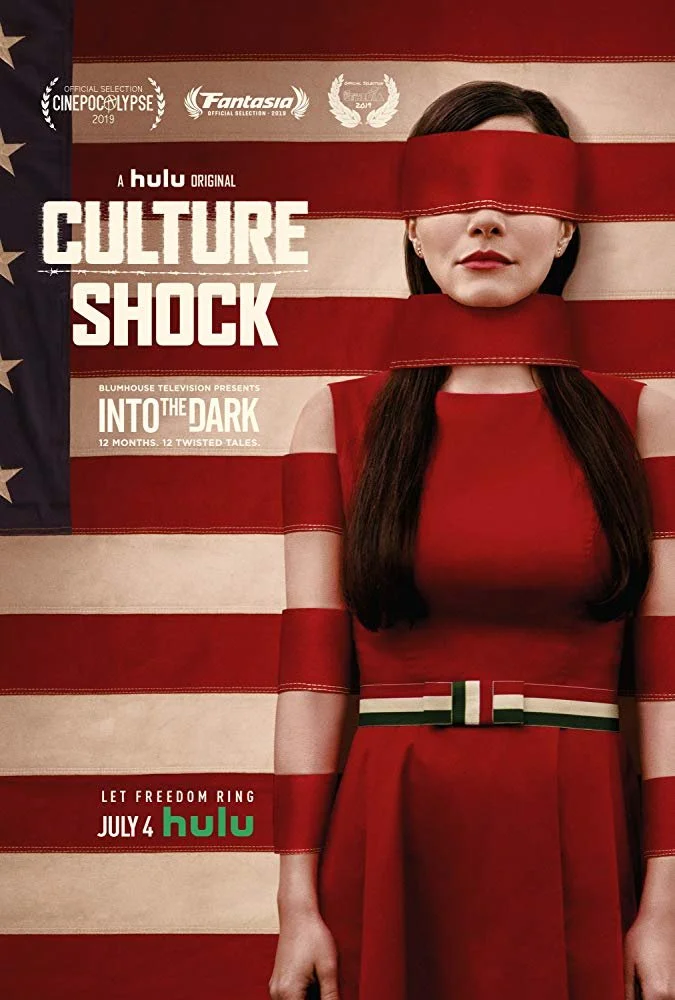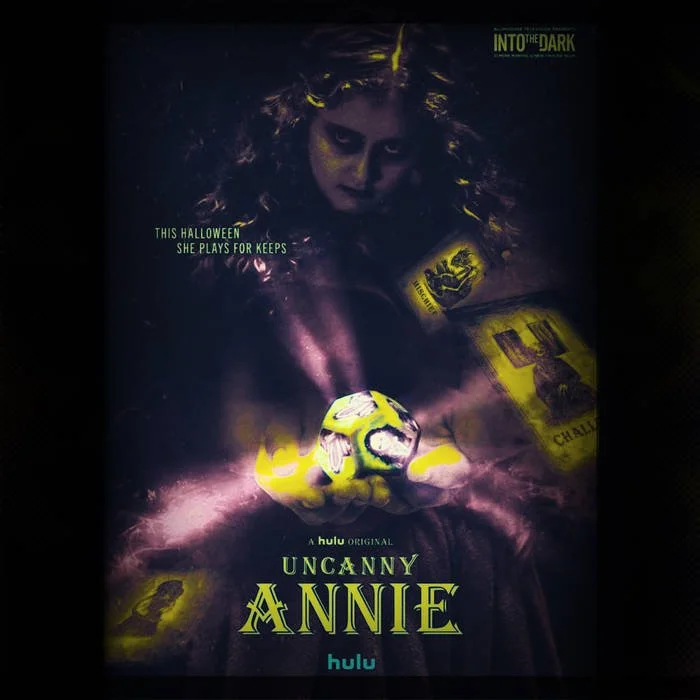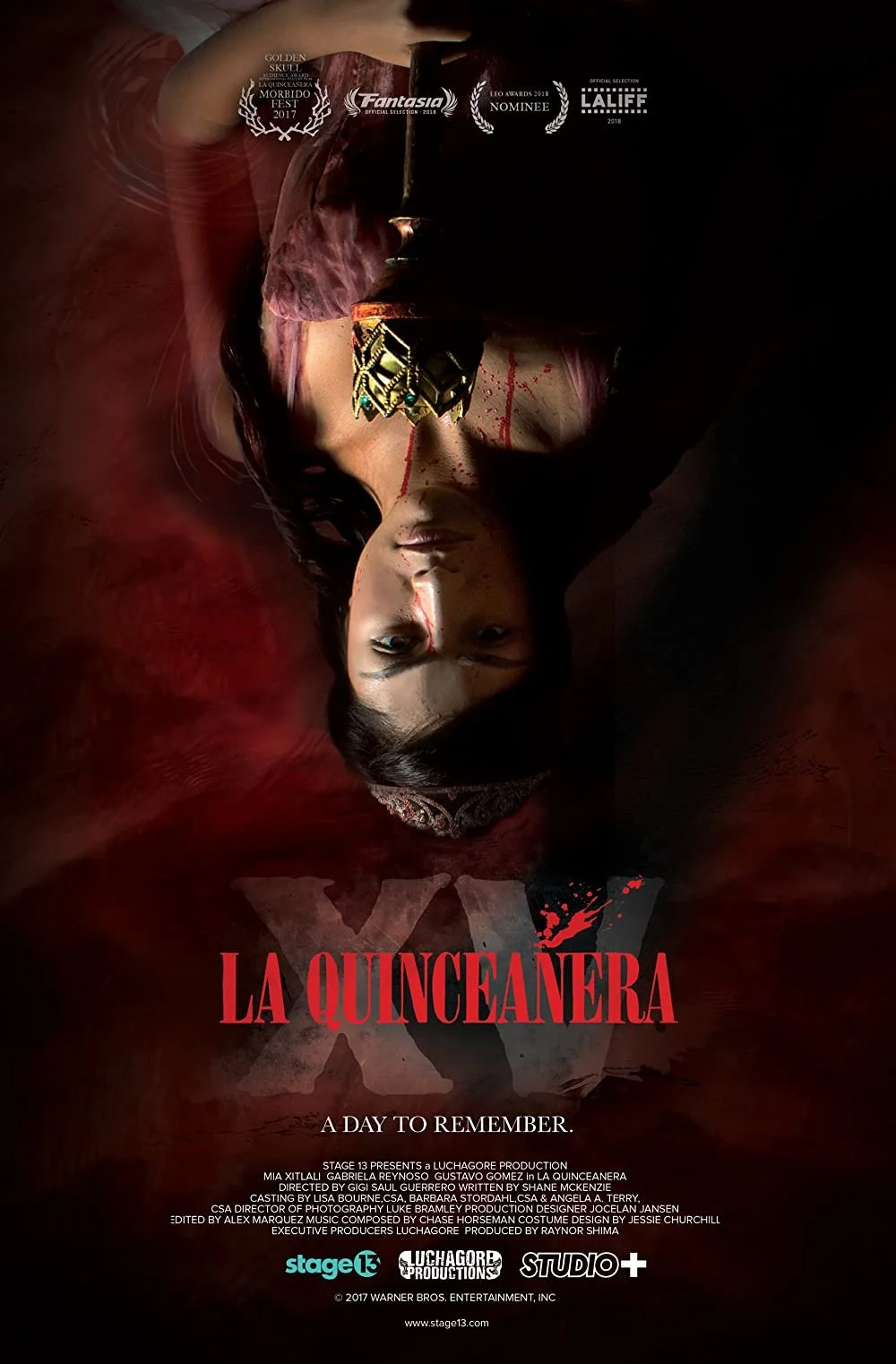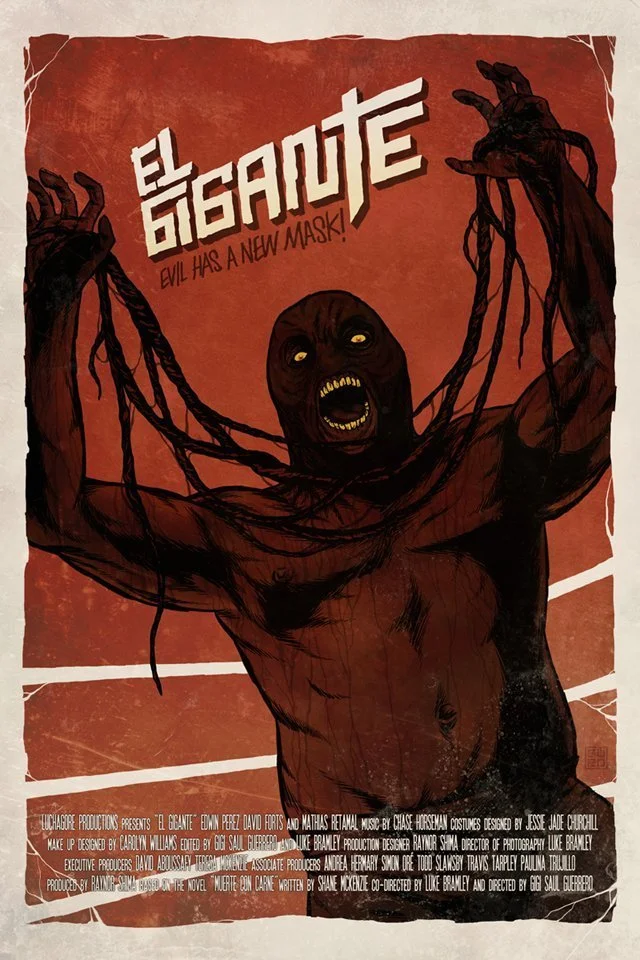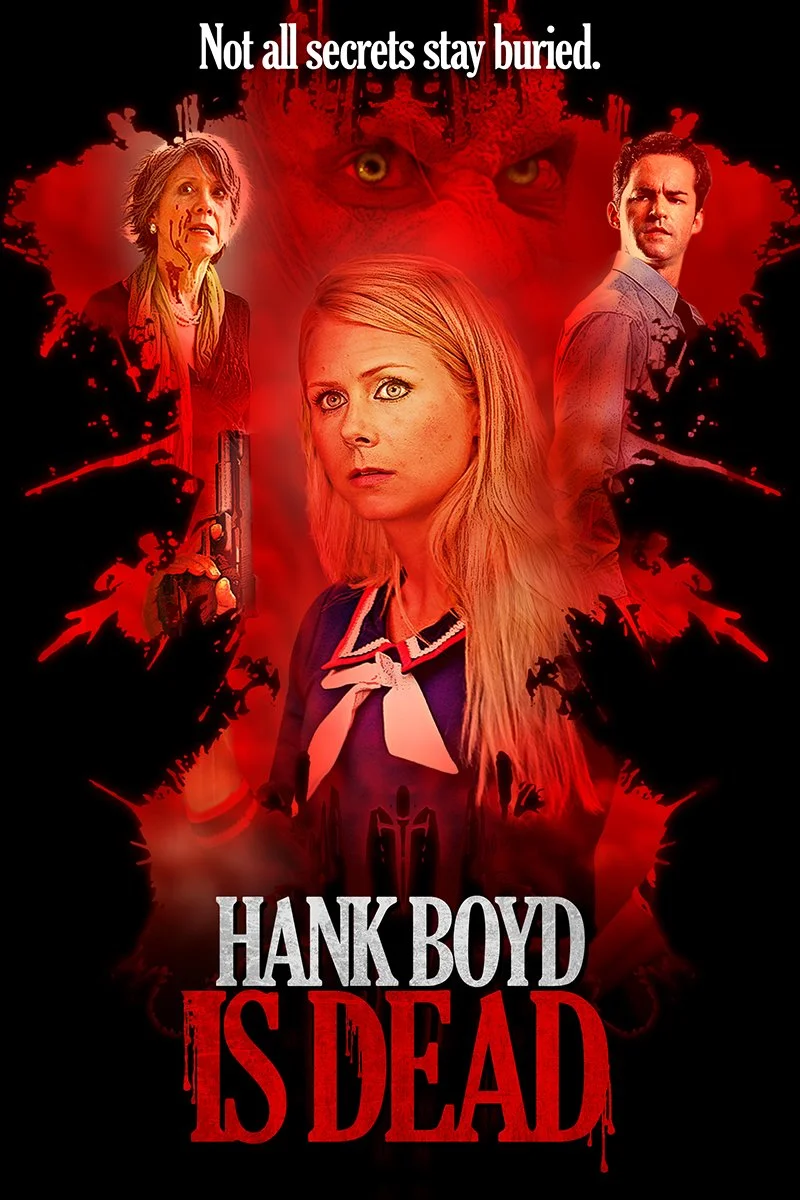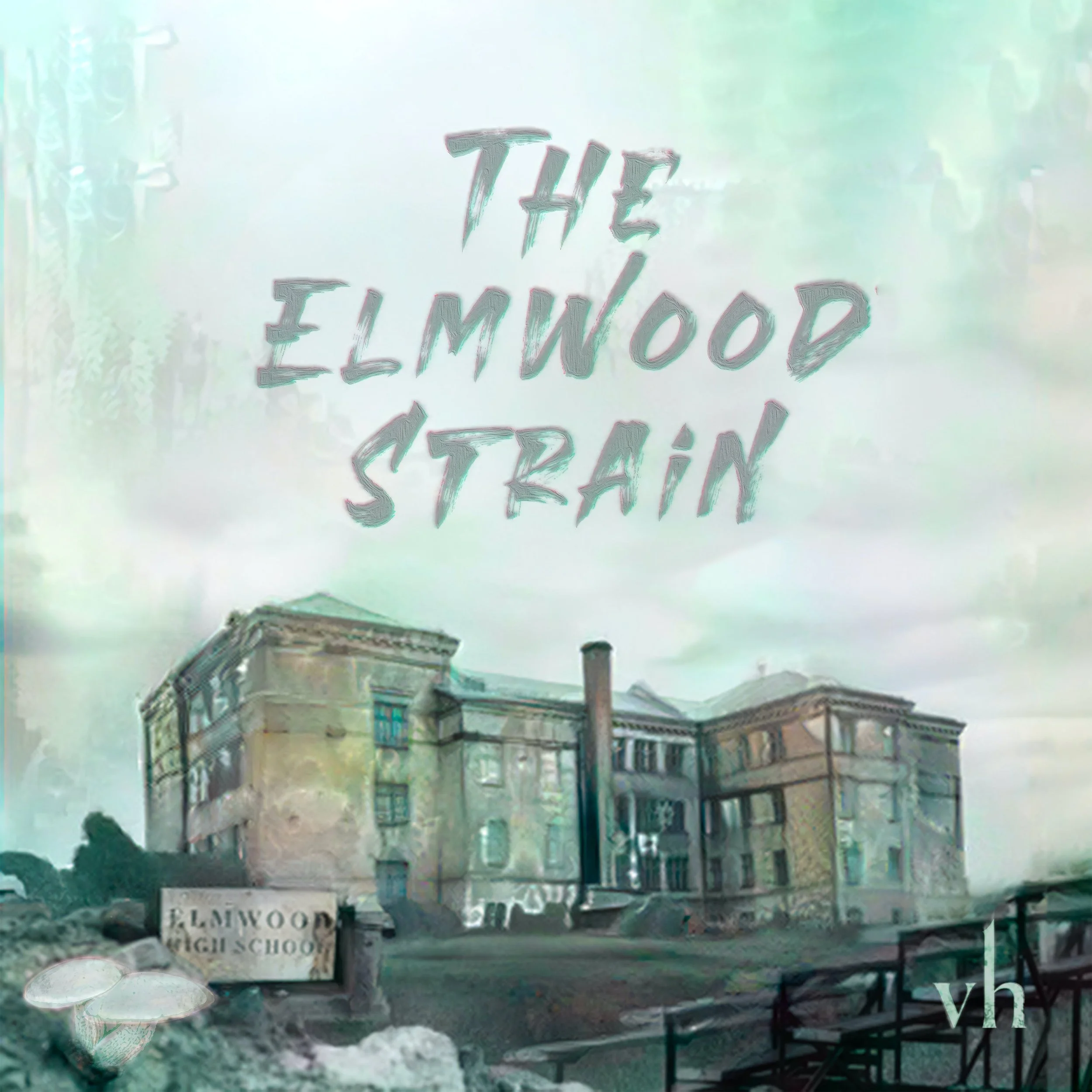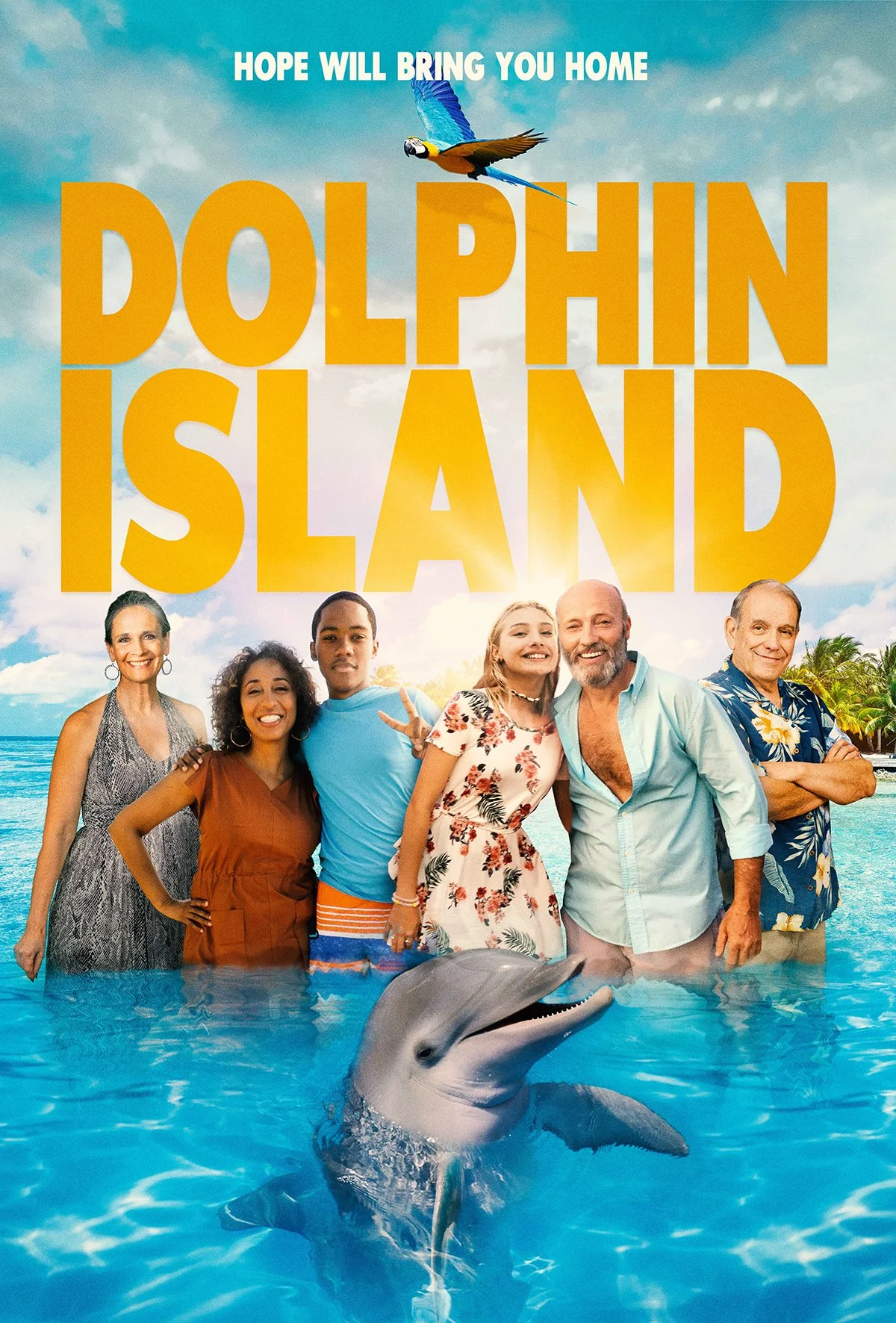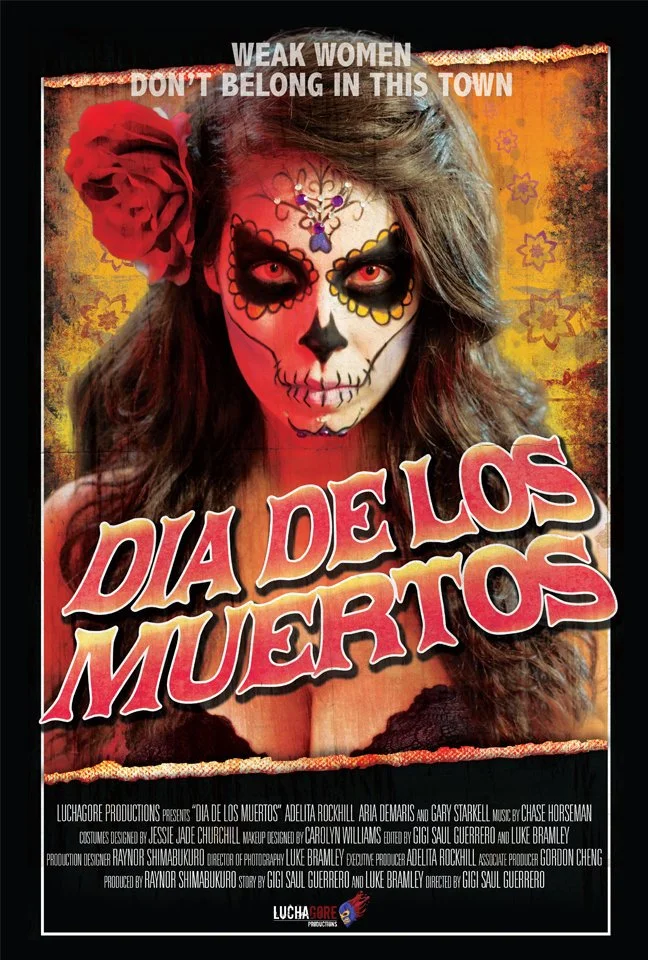FILM
Chase Horseman’s love of movies begat an addiction to film scores.
The original Star Wars trilogy was important to them, but the “big one” was Tim Burton’s 1993 stop-motion animated musical, The Nightmare Before Christmas. Among a certain generation of composers, few escaped being forever altered by the mastery with which Danny Elfman merged the songs and the score.
“It’s connected and interwoven in a way,” Horseman recalls. “Just a surprise that you can do so much in that crossover space—between music and movies.”
In addition to their film composition work, Horseman has had their own indie-rock project, Chase the Horseman, while also creating solo work and contributing to projects like country-rockers The Roseline’s recent album, Constancy.
Much like Elfman, Horseman bounces between films and bands with fluidity.
It all started with a short film, Pop Spoon, directed by brothers Aaron and Austin Keeling, who would go on to create 2015’s acclaimed short, The House on Pine Street. Horseman scored Pop Spoon in their junior year at Lansing High School.
“They came to me and were like, ‘Hey, do you ever want to do music for, like, a movie?’” says Horseman. “And I was like, ‘I’d love that,’ ‘cause I sat and recorded weird loops and noises all the time.”
That relationship with the Keeling brothers would eventually lead Horseman to be a part of the National Film Festival for Talented Youth in Seattle.
“We were doing two shorts a semester, basically,” Horseman explains. “They got to talk to this festival in Seattle called NFFTY. You have to be under a certain age. It levels the playing field a little bit so that younger directors and creators can get their stuff seen. [The Keelings] submitted a bunch of stuff and I had my hand in, so I was like, ‘Well if I’ve got four things in this festival, I should go and just put my face to it.’”
While standing in line to pick up badges at NFFTY, Horseman met Mexican-Canadian writer and director Gigi Saul Guerrero—thus began a partnership between the two creators.
“It was all very exciting,” Horseman says of that fateful beginning. “I’d never even been to Seattle. I was just happy to be there. I met a bunch of people who have stayed in touch. It’s a very funny thing—especially to work together to this day, ‘cause that was back in 2013.”
Saul Guerrero remembers the encounter equally fondly.
“It was actually one of the first festivals I’ve ever attended, too. I remember seeing a screening of a short film that Chase composed and Chase happened to be there with the filmmakers,” Saul Guerrero says. “I invited Chase to come see my short film the following night. It just was one of those friendships that was meant to be.”
That encounter led to Horseman scoring half a dozen shorts for Saul Guerrero, beginning that same year with Día de Los Muertos. Their collaboration continued on through the popular Luchagore series; the director’s acclaimed installment for Hulu’s Into the Dark series, Culture Shock; and most recently, the Bingo Hell production for Amazon Video’s horror series Welcome to the Blumhouse in October of 2021.
With this latest installment of the pair’s work, the writer-director went full grindhouse in telling the story of how a group of elderly bingo players fight back against both evil and gentrification in their neighborhood.
For this partnership, Horseman’s musical approach changed because, in addition to doing the score, the composer produced several songs for inclusion in the film. Score and soundtrack usually come from different sources, so this was a chance to move into that Elfman space of doing both in the same project.
Horseman knew even if those songs were done in a different style, their personal aesthetic would still “bleed out” in their new interpretations of classic tracks like “Rising Sun Blues,” “Bésame Mucho,” and “A Satisfied Mind.” The film even features an original entitled “Gambler.”
“If you have your hand too much in the songs, they’re going to sound the same as the score, which we didn’t want that to happen,” Horseman says.” Joel Nanos co-produced all of the songs with me, just to have a different sound and flavor.”
As the director puts it, Bingo Hell and Culture Shock are the clearest examples of Horseman’s creative contribution—it’s easy to recognize the link between what they brought to the table and how it lifts up the entire production.
Horseman discovered that producing “Rising Sun Blues” brought its own particular set of challenges. With the traditional version of the song being claimed via copyright by dozens of artists over the years, the legal side got complicated. Especially in the face of the popularity of The Animals’ cover, called “House of the Rising Sun.”
“The people that own those things can be a bit litigious,” Horseman sighs. “[Lawyers were] advising me not to do X, Y, and Z in order to not get sued by Bob Dylan’s people or whoever.”
Given only one month of studio time and a limited budget meant depending on a few key musicians to help churn out both a full score and a half-dozen songs. Professionals like drummer Lennon Bone, vocalists Julie Haile and Shadan Saul, alongside a few other power players, managed to knock it out of the park.
“I was rewriting things as we went,” Horseman explains. “I usually only get half a day with string players to make it through the entire process. But they come in, sight-read, and kill it every time. The end of the process was basically this moment of ‘Oh okay, cool. That’s great? It sounds like exactly what I wanted.’”
Nick Spacek The Pitch January 21, 2022

